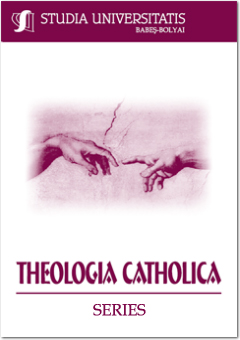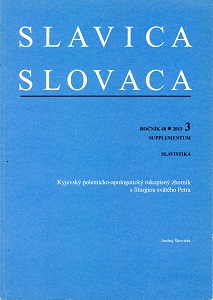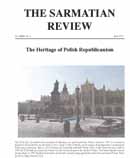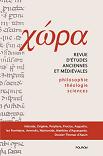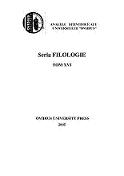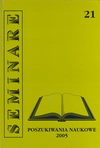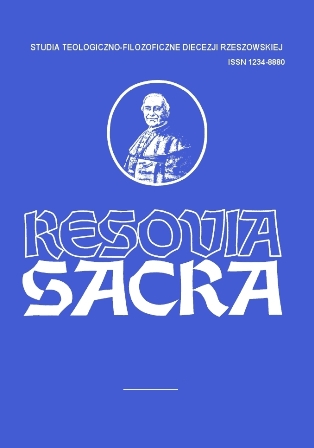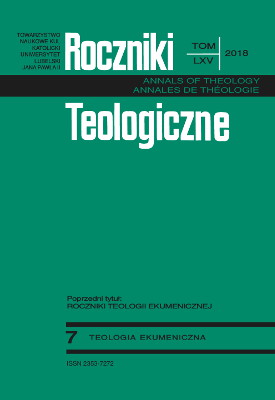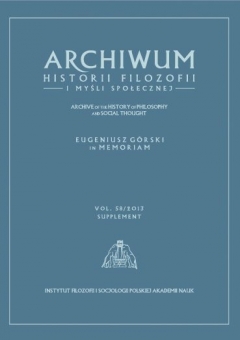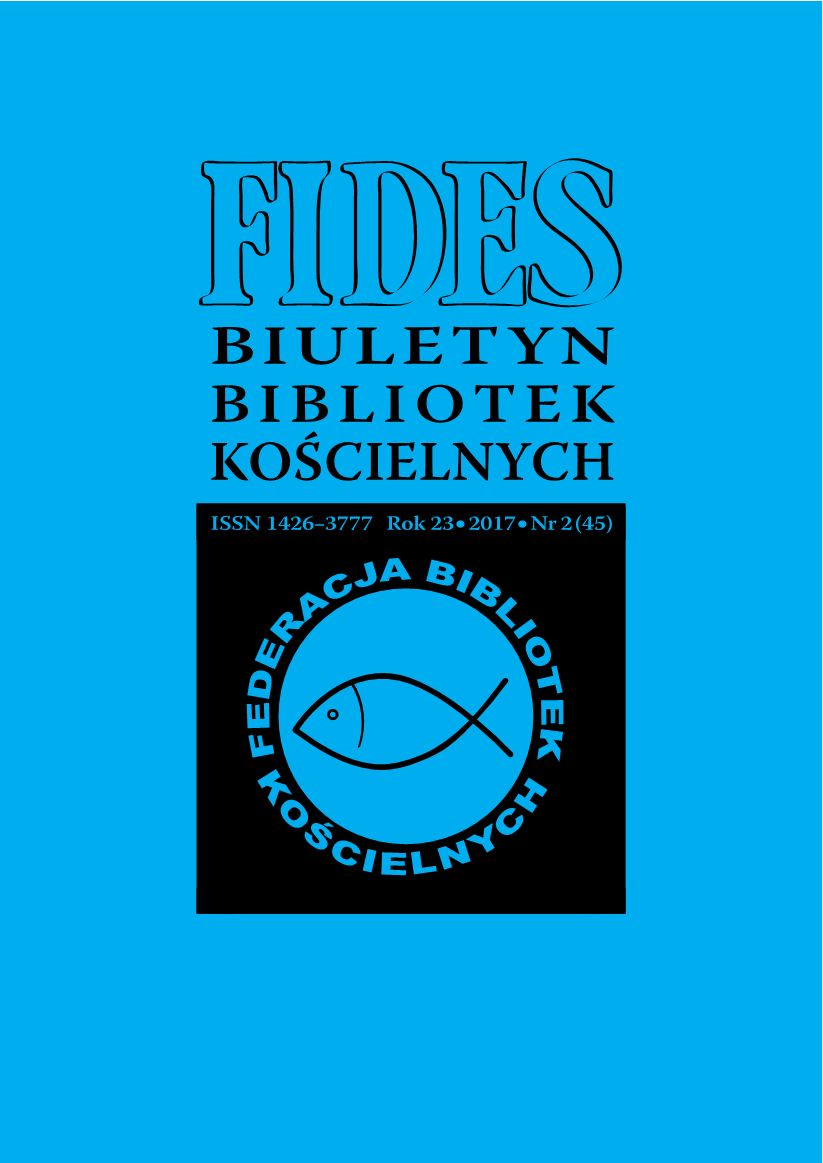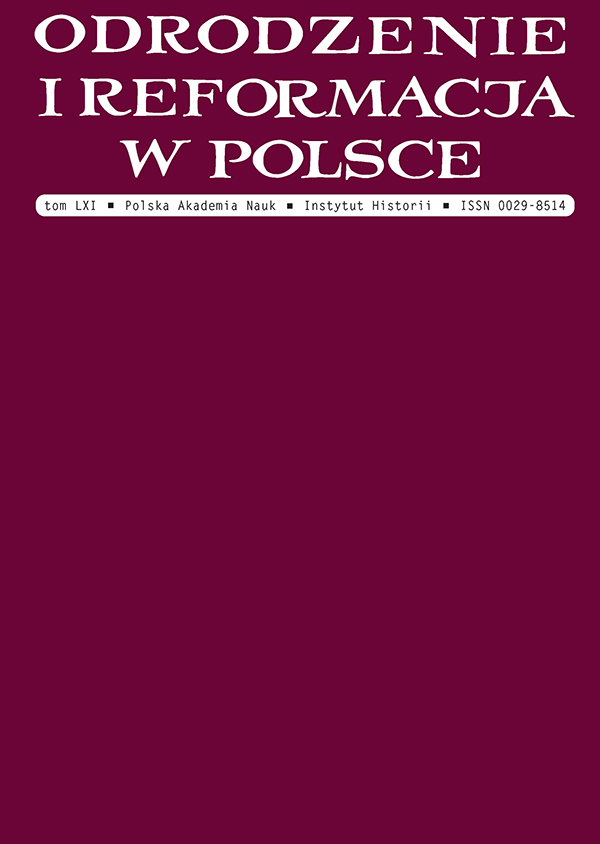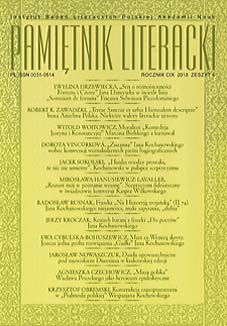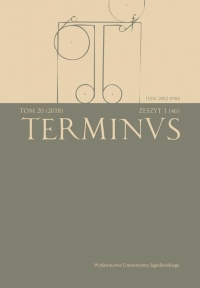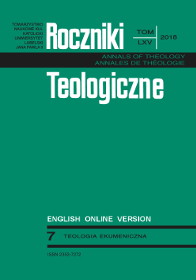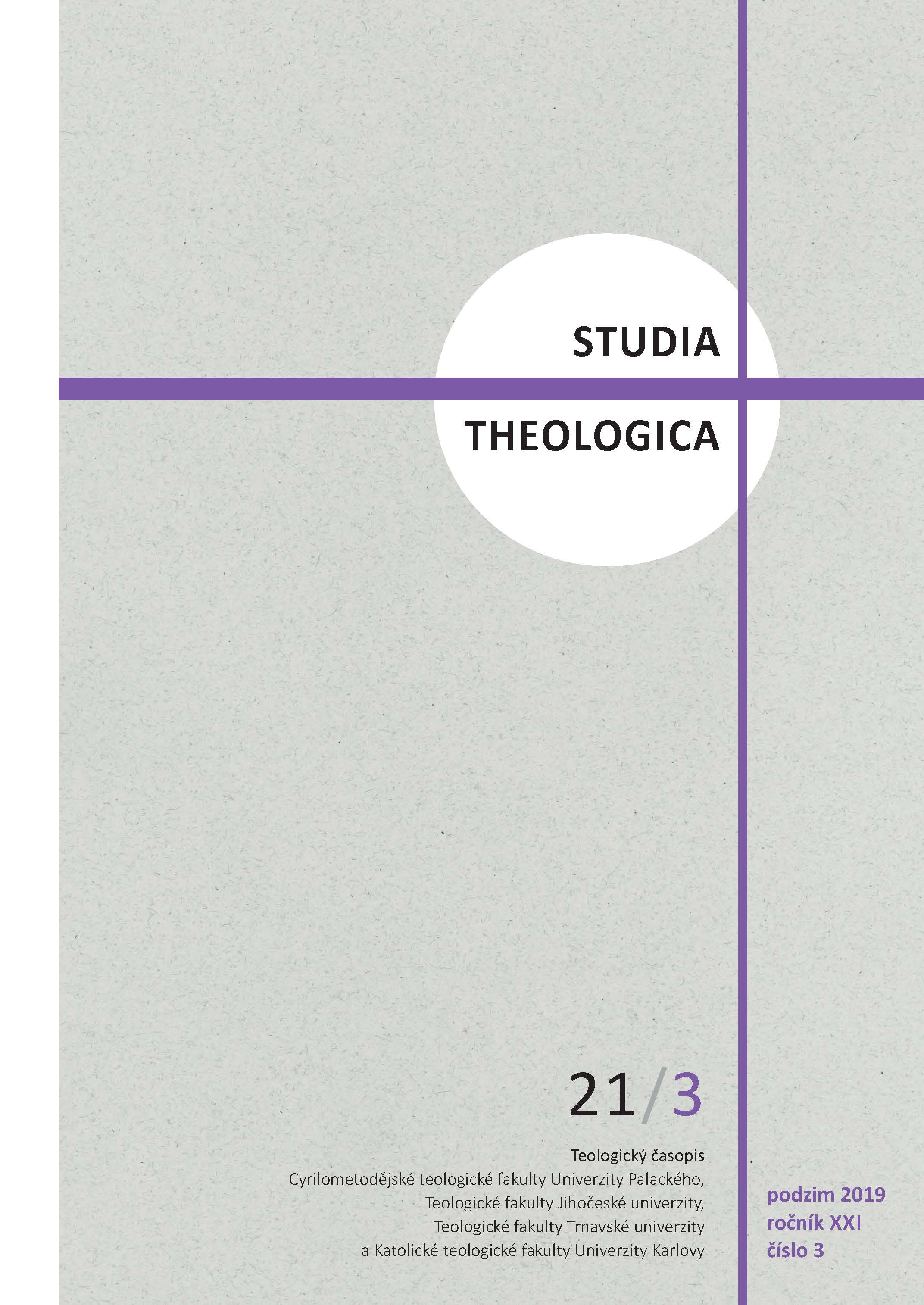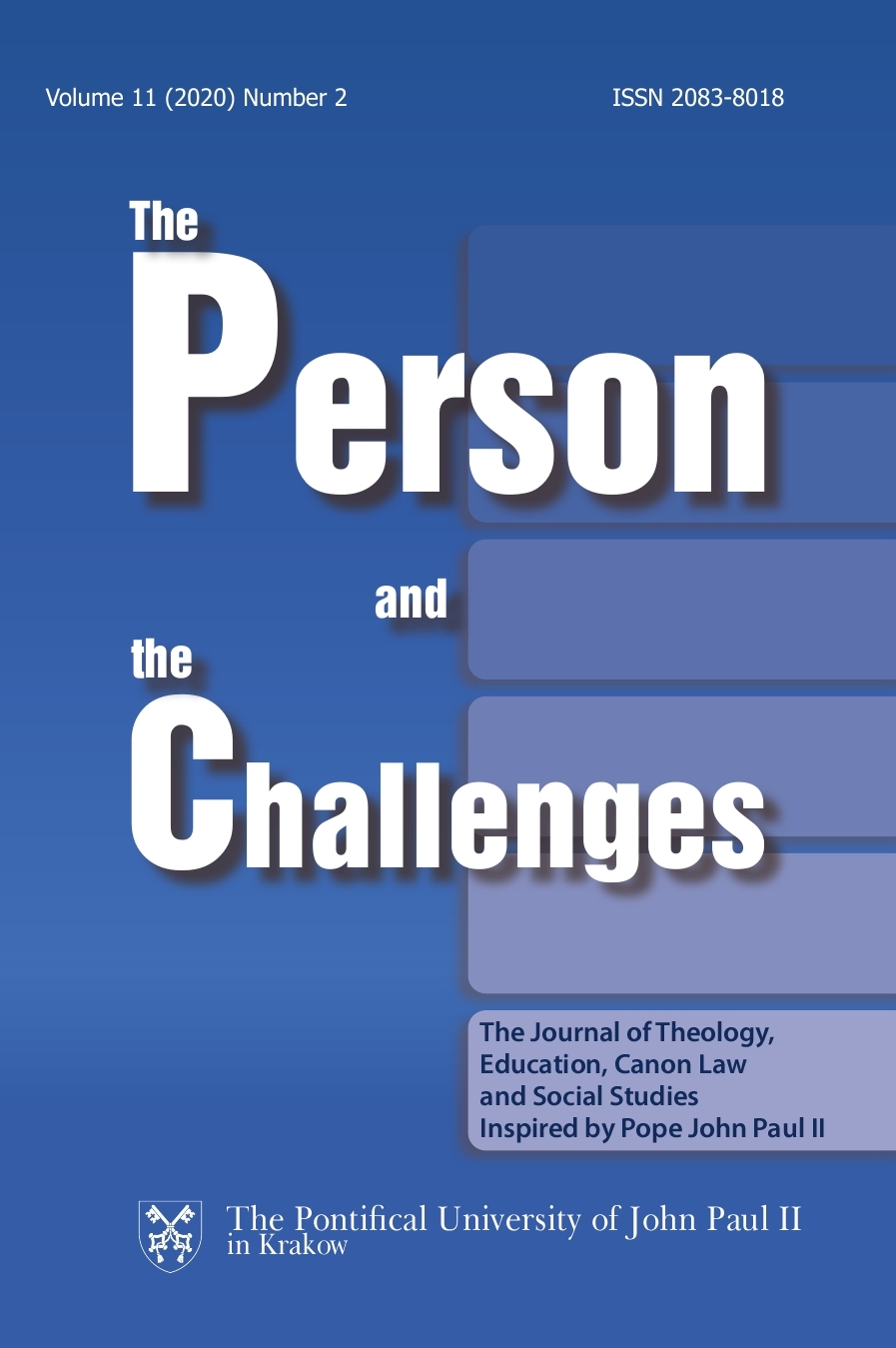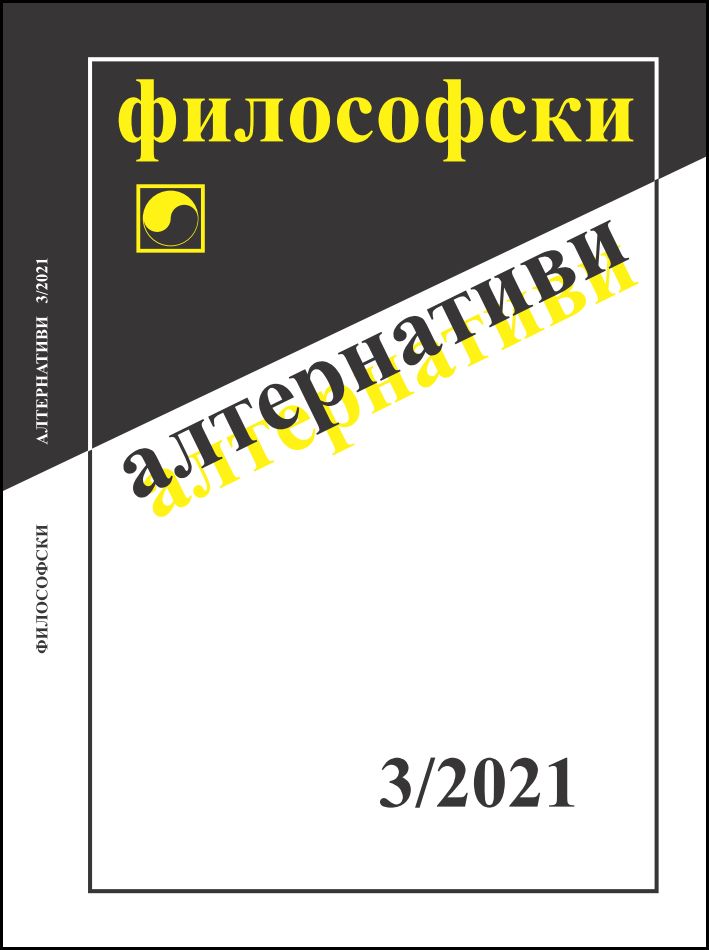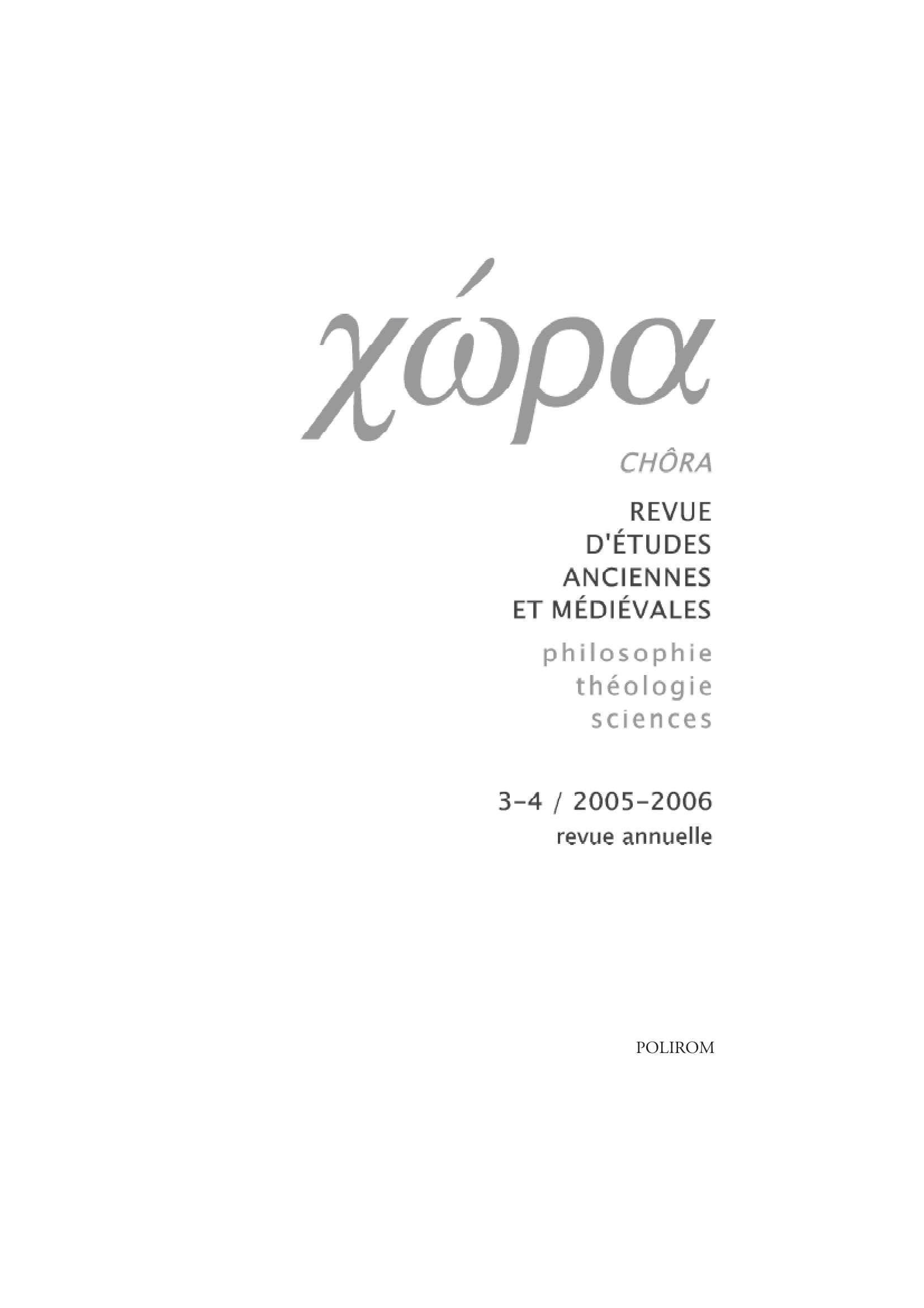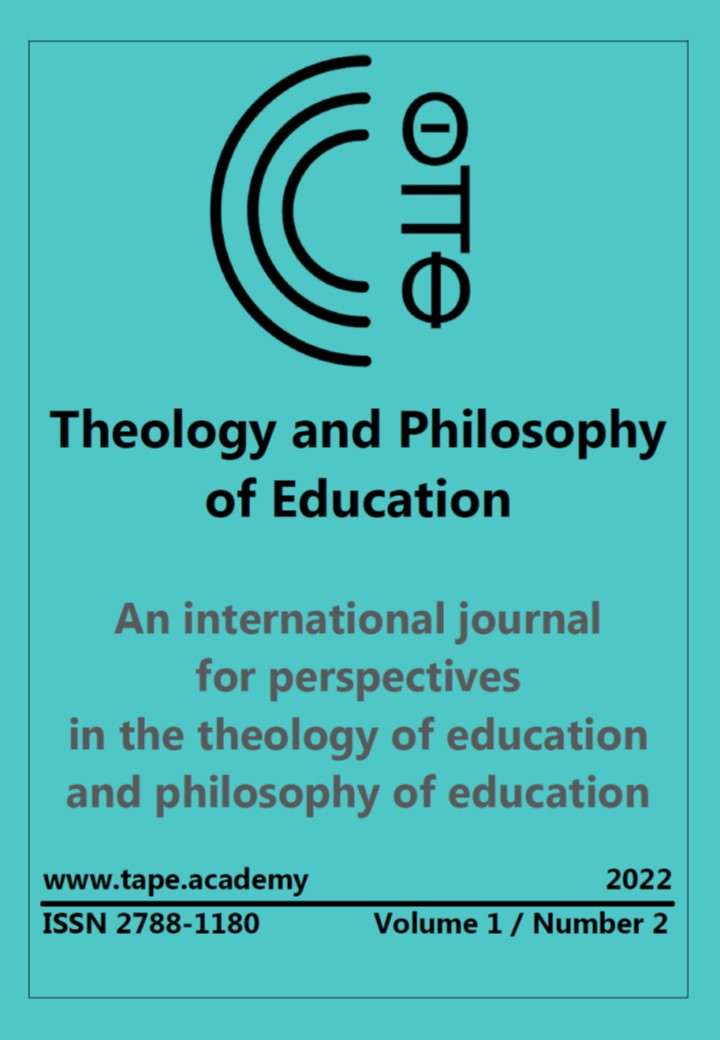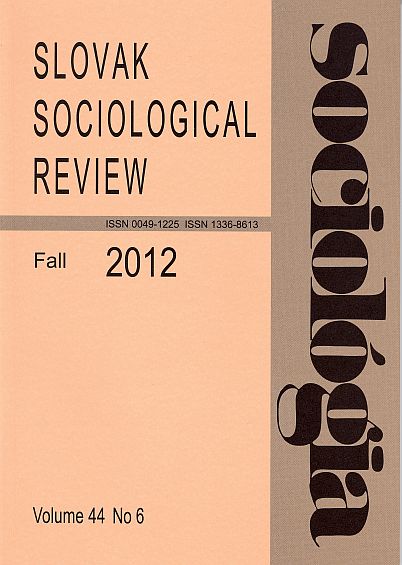
Is Current Czech Society a Social Class-Based Society? The Validity of EGP and ESeC Class Schemes.
Je současná česká společnost sociálně třídní? Validita EGP a ESeC třídního schématu
Keywords: social class; class analysis; social stratification; Czech society; EGP; ESeC
Is Current Czech Society a Social Class-Based Society? The Validity of EGP and ESeC Class Schemes. The subject of this article is the EGP and ESeC class schemes and their validity for Czech society. The basic question is to what extent these two schemes identify differences in occupational conditions in Czech society. In the first part of the article, the author presents EGP and ESeC schemes, focuses on their theoretical grounds, and looks at the criteria that define social classes within these frameworks. In the second part of the article, the author tests whether these two class schemes really measure what they are supposed to – the criterion validity of EGP and ESeC is tested. After that, the author examines how much the two class schemes predict other social variables on the basis of theoretical expectations – the construct validity of EGP and ESeC is tested. Finally the author compares these two class schemes and discusses which of them is a more appropriate explanatory instrument of occupational inequalities, and the consequent differences in life outcomes in current Czech society. Sociológia 2012, Vol. 44 (No. 6: 678-703)
More...
